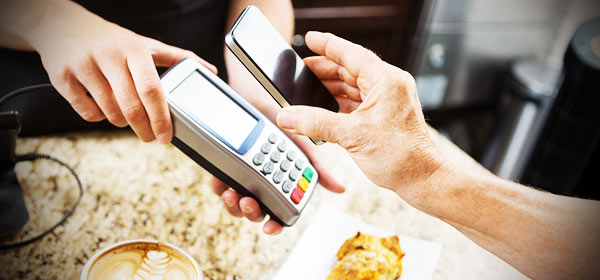Later this year, the Reserve Bank of Australia will roll out new technology that could lead to Australia becoming a cashless society by 2020.
The RBA’s New Payment Platform (NPP) would make electronic payments faster and easier and would bring Australia into line with the rest of a world increasingly heading towards cashless systems. Sweden is already on the verge of becoming the world’s first completely cashless society.
Combined Pensioners and Superannuants Association (CPSA) spokesperson, Paul Versteege, told the ABC that older Australians are anxious of such change.
Mr Versteege says that older Australians are distrustful of automated systems – and, considering that hacker activity and online fraud is on the rise, he may have a point. He also noted that many older Australians still use old phones. The RBA’s new technology would rely heavily on smartphone capabilities in order to conduct transactions.
YourLifeChoices’ own research suggests that Mr Versteege may be slightly exaggerating when it comes to how older Australians ‘trust’ online services. The YourLifeChoices Retirement Insights 2017 survey revealed that 65 per cent of respondents access the internet two or more than three times a day, with over 65 per cent of them spending one to three hours per day online. And although there is a skew towards purchasing certain products (such as health products, technology, furniture and whitegoods) from retail outlets, they regularly use online resources to access retirement information, purchase products and services online (70 per cent), research travel options leading to the online purchase of airfares, accommodation and travel insurance, and conduct financial transactions.
Recent research even shows that 50 per cent of older Australians prefer to bank online.
Perhaps the more worrying facet of a cashless society would be the elimination of physical money itself. To make ends meet, many pensioners tend to do odd cash jobs for things such as house, child and pet minding, gardening and handyman work.
A switch to a cashless society would then see the extra money earned from these jobs having to go through ‘the system’ – meaning many would have their Age Pensions reduced, thus making it more difficult to get by week to week.
It may also have an affect on their ability to budget. Many people would rather withdraw a specific cash amount each week on which to live, rather than rely on card and online transactions. As we all know, it’s easier to spend what we can’t see.
So, while Mr Versteege may have a few telling points about older Australians’ attitudes towards a cashless society, I’m not so sure that the ‘technology’ aspect is at the forefront of their concerns.
However, should Australia become a cashless society by 2020, all Australians, not just older people, will have to adjust accordingly.
Do you fear a cashless society? How would it affect you? Do you think this would be a positive development
Related articles:
Is cashless welfare working?
Cash will be obsolete in 10 years
Is the $100 note on its way out?

